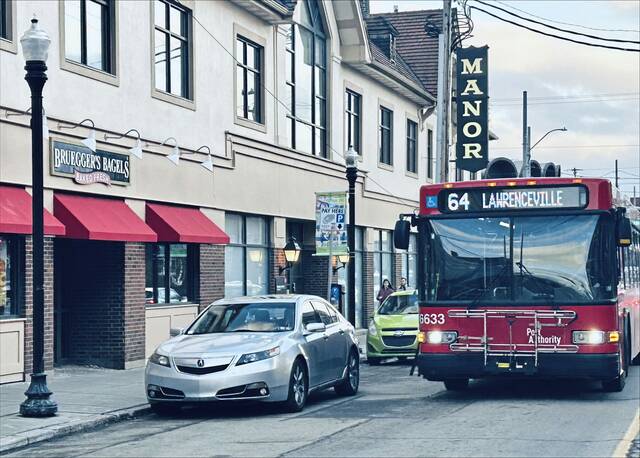Earlier this month, in the lead-up to his annual budget address, Gov. Tom Wolf announced several new initiatives geared toward protecting Pennsylvania’s most vulnerable populations. In all, these initiatives represent more than $40 million in new spending to help those in need.
That includes $1.4 million to enhance the state’s ventilator grant program, which is desperately needed, especially for the patients receiving this specialized care and the long-term care providers who lose more than $400 for each patient each day they provide care.
At a time when skilled nursing facility operating margins have fallen below 0% for the first time in 34 years, incremental improvements to this program are critical to improving the quality of life for Pennsylvania’s most vulnerable.
But when you hear the term “vulnerable populations,” who do you think of first?
For me, it’s people like my grandfather, who resided in a nursing home in southeastern Pennsylvania for most of 2019.
Noticeably absent from the governor’s budget is any mention of Pennsylvania’s seniors or any meaningful investments to address the chronic underfunding that has plagued our state’s long-term care sector.
The funding initiatives are certainly important, but they do nothing to address the larger Medicaid funding crisis happening in Pennsylvania.
For six consecutive years, Medicaid reimbursement rates for nursing home residents have been flat-funded, even as two of every three nursing home residents relies on Medicaid for their daily care. Today, our state’s seniors suffer from more complex medical conditions, such as dementia and Alzheimer’s disease, which require more advanced and more expensive care.
And the impact of those six years has caused significant unrest and volatility in Pennsylvania’s long-term care sector.
Since 2018, more than 100 Pennsylvania nursing homes have been reorganized, sold or changed ownership.
This follows a pattern that has taken place in other states — look no further than Connecticut, Massachusetts, Illinois, Texas or Washington. Those states experienced this same kind of instability until there was only one option left for those providers of care: closure.
Across the country, long-term care providers are closing their doors as a result of chronic Medicaid underfunding.
If we don’t make a meaningful investment in our Medicaid program in this year’s budget, Pennsylvania will become just another state on that list. Nursing home closures put hundreds of hardworking staff out of jobs and force residents and families to seek access to care hundreds of miles from their communities.
Often in politics, we wait for a bridge to collapse before we invest in our aging infrastructure. As the third oldest state in the country, we cannot wait for our long-term care system to crumble before we invest in our aging population.
And as our state ages rapidly — within 10 years, one in five Pennsylvania residents will be age 65 or older — our seniors and their families need the options and services long-term care facilities provide now more than ever.
Our commonwealth needs to do everything it can to ensure the doors remain open to provide the quality care Pennsylvania’s seniors need and deserve.
It doesn’t get more “vulnerable” than that. Let’s make our seniors in nursing homes a priority in 2020.
Zach Shamberg is the president and CEO of the Pennsylvania Health Care Association (www.phca.org), a statewide advocacy organization for Pennsylvania’s most vulnerable older residents and their providers of care.








